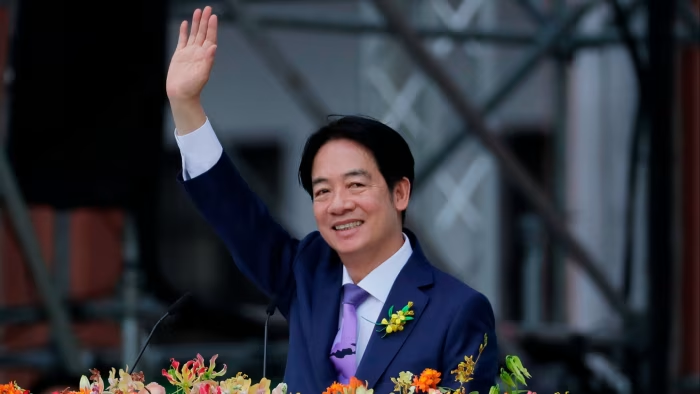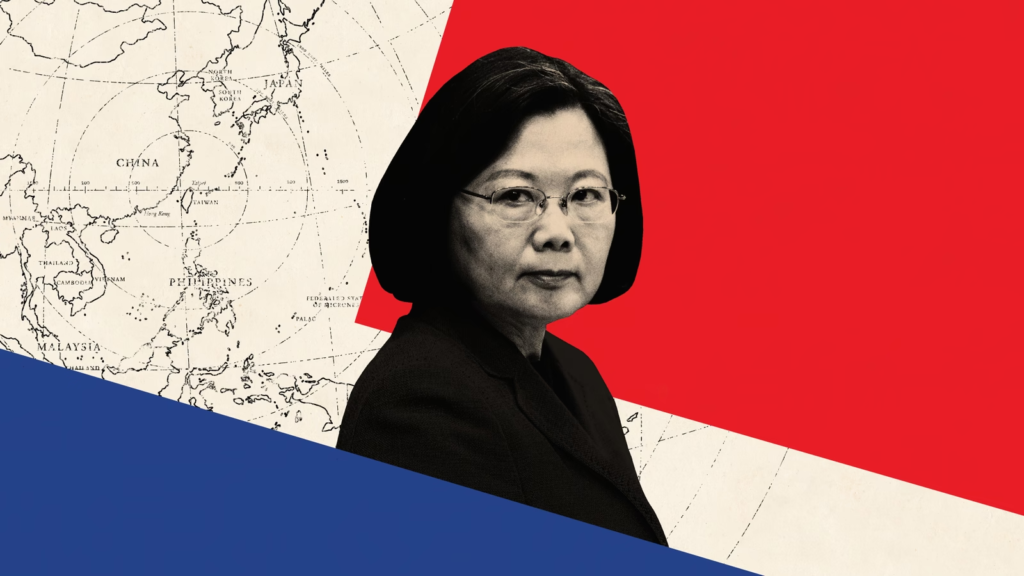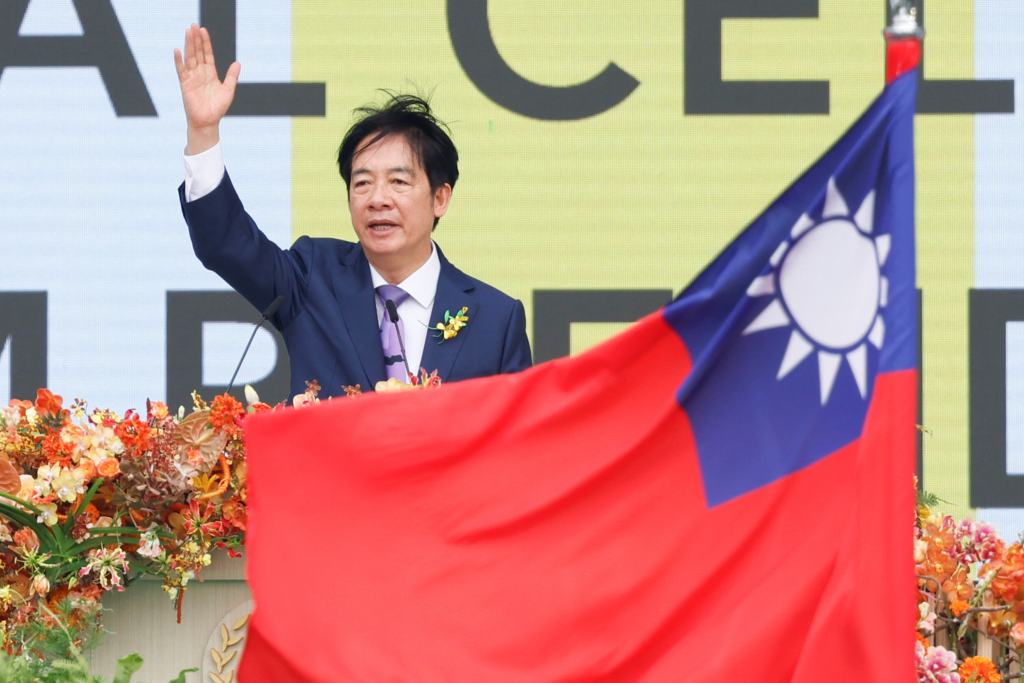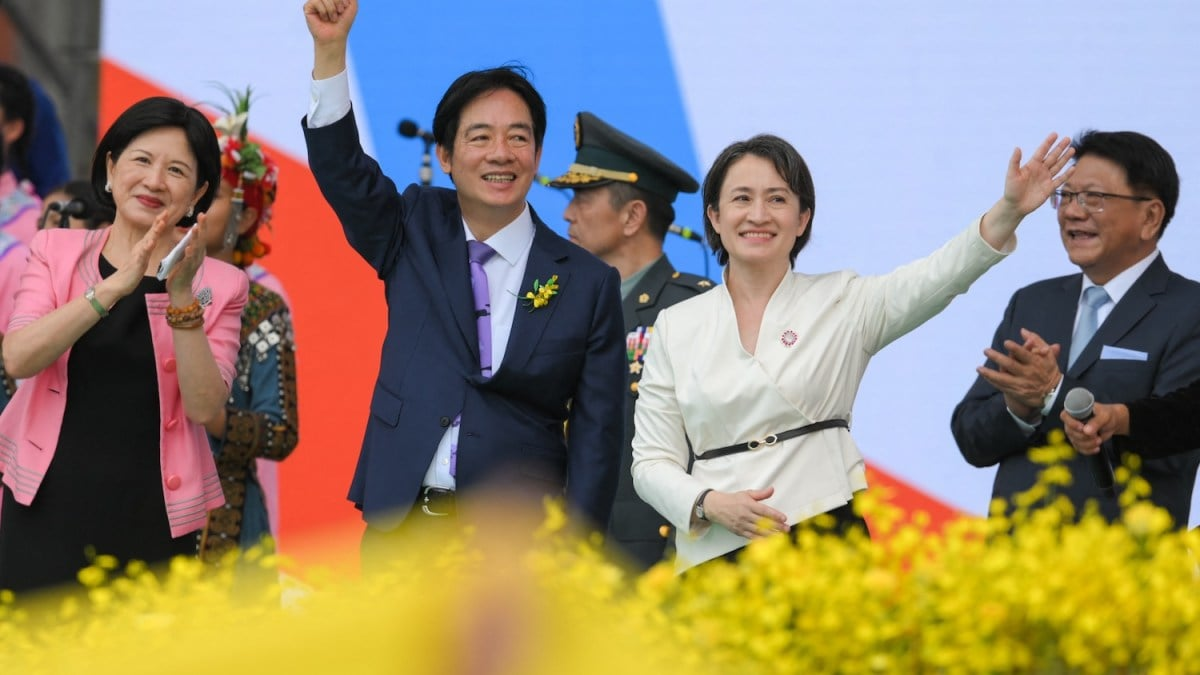Last year, during a private meeting between Chinese President Xi Jinping and US President Joe Biden, a new request emerged that underscores the sensitivity of the Taiwan issue.
According to U.S. officials who were present at or briefed on the conversation, Xi urged Biden to alter the United States’ stance on Taiwan’s independence by replacing its current wording, “does not support Taiwan independence,” with a more assertive phrase: “we oppose Taiwan independence.”
This request has sparked speculation and concern over how such a shift, if adopted, might reverberate across the Asia-Pacific region.
Beijing’s Persistent Request for Policy Language Change
During their November meeting in San Francisco, President Xi and his delegation pressed for a change that, in the Chinese leadership’s view, would realign US language more closely with Beijing’s opposition to Taiwan’s independence.
For Beijing, even a slight alteration in phrasing from “does not support” to “opposes” could be perceived as a greater alignment with the mainland’s stance on Taiwan.
Read : China Warns US to Not Interfere in Detection of Boat Crew: Claims Taiwan
U.S. officials familiar with the exchange have since confirmed that Beijing’s requests have continued, with Chinese representatives repeatedly following up to encourage the Biden administration to adopt the altered language.

The current U.S. stance, maintained since 1979, is that Washington does not support Taiwan’s independence, as part of its long-standing “One China” policy. The Biden administration views this language as crucial for balancing its non-recognition of Taiwan as an independent nation with its legal obligations under the Taiwan Relations Act to support Taiwan’s self-defense.
Read : Impossible for China to Become Our Motherland: Taiwan President
By refusing to change its phrasing, the US indicates that it prefers maintaining this carefully measured approach, one that has underpinned U.S.-China relations for decades.
Taiwan’s Reaction and Regional Implications
This diplomatic exchange highlights not only Taiwan’s precarious position but also the broader implications for regional stability. Although Taiwan’s leaders declined to comment on the matter, the US briefed Taipei on the Chinese overtures. Taiwan has long maintained a status quo stance, desiring neither formal independence nor reunification with the mainland.
Most Taiwanese prefer this balance, which allows them a form of de facto independence without provoking the likelihood of a Chinese military response. China, however, has increased military pressure on Taiwan, conducting routine air and naval exercises around the island, which are seen as warnings to both Taiwan and the international community.
A shift in the US language toward opposing Taiwan’s independence could create uncertainty for US allies and partners in the region, who might interpret it as a sign of a softened U.S. commitment to Taiwan’s defense.

Countries like Japan, South Korea, and Australia, which depend on strong US influence in the Asia-Pacific, would likely regard such a shift as a move toward accommodating Beijing’s interests, potentially diminishing US deterrence efforts in the face of China’s military build-up.
For the Biden administration, any adjustment to the language in its Taiwan policy is out of the question, not least because it would fuel domestic and regional fears that Washington is withdrawing its implicit support for Taiwan.
Officials close to Biden have expressed the concern that a change in terminology could signal to U.S. allies a retreat from the principles of peaceful resolution for Taiwan’s future, which could destabilize the delicate balance in East Asia.
Strategic Ambiguity and Its Future
Despite the requests, the Biden administration remains committed to “strategic ambiguity”—a doctrine that deliberately avoids clear statements on whether the U.S. would defend Taiwan in the event of an invasion.
Strategic ambiguity allows the United States to support Taiwan without overtly provoking China, as it seeks to maintain peace and prevent unilateral actions by either side.
President Biden has, on occasion, suggested that the U.S. might defend Taiwan in certain scenarios, though his administration has consistently walked back those statements to emphasize that strategic ambiguity remains in place.
Analysts note that Xi’s approach is indicative of China’s increased diplomatic assertiveness under his leadership. His request comes amid a broader push by China for international acceptance of its claims over Taiwan.

For years, Chinese diplomats have been pressuring countries worldwide to adhere to Beijing’s “One China” principle and to isolate Taiwan diplomatically. However, this is the first time such a request has been made directly to a sitting U.S. president, underscoring China’s growing frustration with the U.S.’s ambiguous stance on Taiwan.
The White House continues to reaffirm that the administration’s position remains unchanged and rooted in the decades-old framework. Officials anticipate that discussions on Taiwan will resume if Xi and Biden meet during upcoming summits, such as the APEC summit in Peru or G20 in Brazil.
The Biden administration’s refusal to adopt China’s preferred language reflects an understanding of the risks associated with abandoning a balanced approach that has allowed for stability across the Taiwan Strait since 1979.

